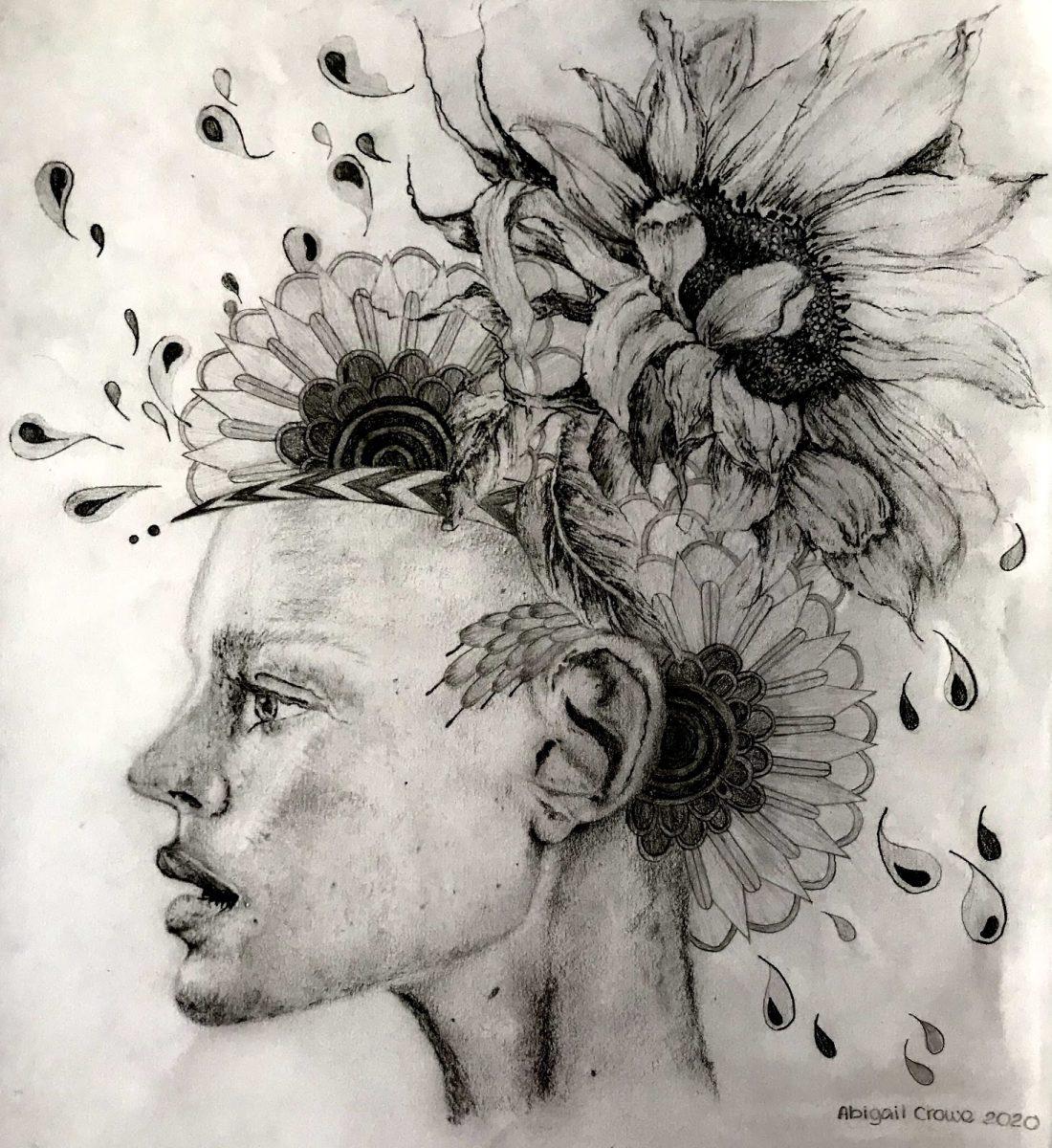Humans are innately creative beings; curiosity is instinctive. Our brains are hardwired to envision and invent; our imagination pushes us past the limits of reality. Our minds are universes, full of infinite potential, so complex that despite the rapid development of science, they remain a mystery. All humans are artists. Each of us has a unique voice, a special story that this world needs to hear. We all have a deep desire to connect and to be seen. As we create and express ourselves, a window opens.
The COVID-19 pandemic has forced people across the globe into isolation, threatening to suppress our joy, stripping us from our family and friends. Yet, despite all of the impending crises that surround us, humans continue to adapt and embrace adversity. During the nationwide lockdown in Italy, quarantined citizens harmonized to ancient folk songs from their apartment windows, separated by brick and plaster but together in spirit. When our emotions surpass tangible expression, we sing and we dance. This is resilience, the collective power of humanity.
Art is a cathartic experience essential to the process of internal healing. Srule Brachman, a Franklin art teacher claims, “Art can be an escape and a refuge, I believe art can save lives.” Exercising vulnerability and speaking your truth takes courage, but it can bridge individuals. “The arts benefit not only the people participating but the greater community because they convey important, relevant messages that can change perspective,” remarks Isabel Deumling, a member of the Franklin Dance Program. The arts unite people through stories and initiate conversions crucial to the growth and healing of a community. Performances and exhibits can challenge the standards of society and inspire revolution. Jaleesa Johnston, the Public Programs Lead at the Portland Art Museum says, “Artists—their minds are just so open, they are able to envision things. They have the ability to see what is not physically here, to envision a reality that is not currently present. That is powerful, that is how change happens.”
In the spring, when the arts transferred to an online setting, the experience shifted drastically, redefining what it means to be an artist. Amelia Dusevoir, a member of the Franklin Theater Program and NW Children’s Theater Mainstage Company comments, “I miss the stage lights and being in a room filled with energy, the silent void of the virtual world just doesn’t compare.” Although the interactive component has been for the most part dissolved, the arts continue to bring much needed relief and freedom to youth and adults alike. Personal reflection and a sense of resolution are all the more imperative in these dire, unprecedented times. Our will to dream will never cease. Deumling reflects, “When I dance, everything else falls away, it brings out my passion. I love being able to express myself through movement; sometimes it is hard to find the words for something but dancing makes it easier.” We all need an outlet, a release of energy, something that makes us feel alive. We all need to unleash the complex whirlwind of emotions that consume us, and we all need someone to listen. Through art we can express ourselves in ways that transcend simple verbal communication.
Artists and creators are the ones who drive civilization and fuel advancements, yet they are subjected to economic insecurity. The United States almost exclusively prioritizes utilitarian pursuits, leaving artists stranded, relying solely on grants and relief funds. This disparity appears even more pronounced in times of crisis when the economy is plummeting. How can we preserve and protect this sacred backbone of our community? We need to recenter it in our society. Johnston says, “I have been really hopeful to see the conversations at the [Portland Art] museum and across organizations and institutions all throughout the nation. The discussion has been about artists and how we can support them. That discussion has always been there in some shape or form but it has never been as upfront as it is now and I think that has been a plus.” It is time to stop neglecting, and start celebrating the arts. Art ignites the power of creation that resides within us. We are all artists. Art belongs to all of us. In the words of Albert Einstein, “Imagination is more important than knowledge. Imagination is the language of the soul.”

































